
The Many Lives of Kris Kristofferson.
Before Kris Kristofferson ever set foot on a Nashville stage, he had already lived the kind of life most people couldn’t imagine across three lifetimes — each marked by courage, conviction, and an unrelenting search for meaning.
Born in Brownsville, Texas, and raised with discipline and grit, Kristofferson charted an extraordinary course early in life. At Pomona College, he was unforgettable — a football star, a Golden Gloves boxer, a Rhodes Scholar with both intellectual brilliance and athletic prowess. He was the kind of student professors talked about long after he’d gone. A mentor encouraged him to apply for the prestigious Rhodes Scholarship. He did — and won.
At Oxford University, surrounded by centuries-old stone walls and the hum of academic legacy, Kristofferson didn’t just study literature. He began living it. It was there, among the English poets and ancient libraries, that he discovered a deeper calling: writing. He poured himself into verse and melody, learning how to fuse poetry with music, how to give soul to story. But even then, the world seemed to pull him elsewhere.
When he returned to the United States, the expectations were clear. He was groomed for greatness — just not the kind he would choose. He could’ve been a professor, a novelist, or a public intellectual. Instead, he shocked everyone by joining the U.S. Army. He trained as a helicopter pilot, graduated from Ranger School, and rose to the rank of captain. He served with honor, navigating some of the most grueling and dangerous training the military had to offer.
Eventually, Kristofferson was offered a coveted teaching post at West Point — the kind of career-defining position many officers could only dream of. But he turned it down.
Because while duty had shaped him, it hadn’t claimed him. His heart had already wandered elsewhere — to the unpredictable world of music.
With nothing but his songs and a fierce sense of purpose, he packed his bags and moved to Nashville. The decision baffled his family, concerned his friends, and left his military peers scratching their heads. But Kristofferson wasn’t chasing fame — he was chasing truth.
In Nashville, he swept floors at Columbia Recording Studios. He worked as a janitor by night and wrote songs by day — songs raw with pain, hope, and humanity. Songs that reached into the silence of ordinary lives and pulled out poetry. He lived humbly, often sleeping in his car or couch-surfing with friends. But he never stopped writing.
For years, no one listened. But he kept going.
Then one day, everything changed.
Johnny Cash — the Man in Black — heard “Sunday Mornin’ Comin’ Down.” The song was raw and vulnerable, a meditation on isolation, regret, and the strange ache of being alive. It wasn’t just music. It was a mirror.
Cash recorded the song. America listened — and Kris Kristofferson’s name was suddenly everywhere.
The janitor became a voice for a generation.
His songs would be sung by legends: Janis Joplin, Willie Nelson, Ray Price. His own gravel-edged voice would become iconic, not for its perfection, but for its truth. He didn’t sing to impress; he sang to feel. To connect. To make sense of a world that never stopped breaking and rebuilding itself.
But even as the fame came — the Grammys, the acting roles, the adoring crowds — Kristofferson never lost sight of who he was. He stayed grounded in purpose, driven more by meaning than money. A seeker to the end, he walked the harder path — the one few are willing to take — not for accolades, but for authenticity.
Today, Kris Kristofferson stands as one of the last true troubadours of his time. A Rhodes Scholar who once swept studio floors. A soldier who traded medals for melodies. A man who chose risk over comfort — and in doing so, found his voice.
His life reminds us that courage doesn’t only live on the battlefield. Sometimes, it's in the quiet decision to leave a safe life behind in order to follow a calling — the fire inside your heart that refuses to die.
News in the same category

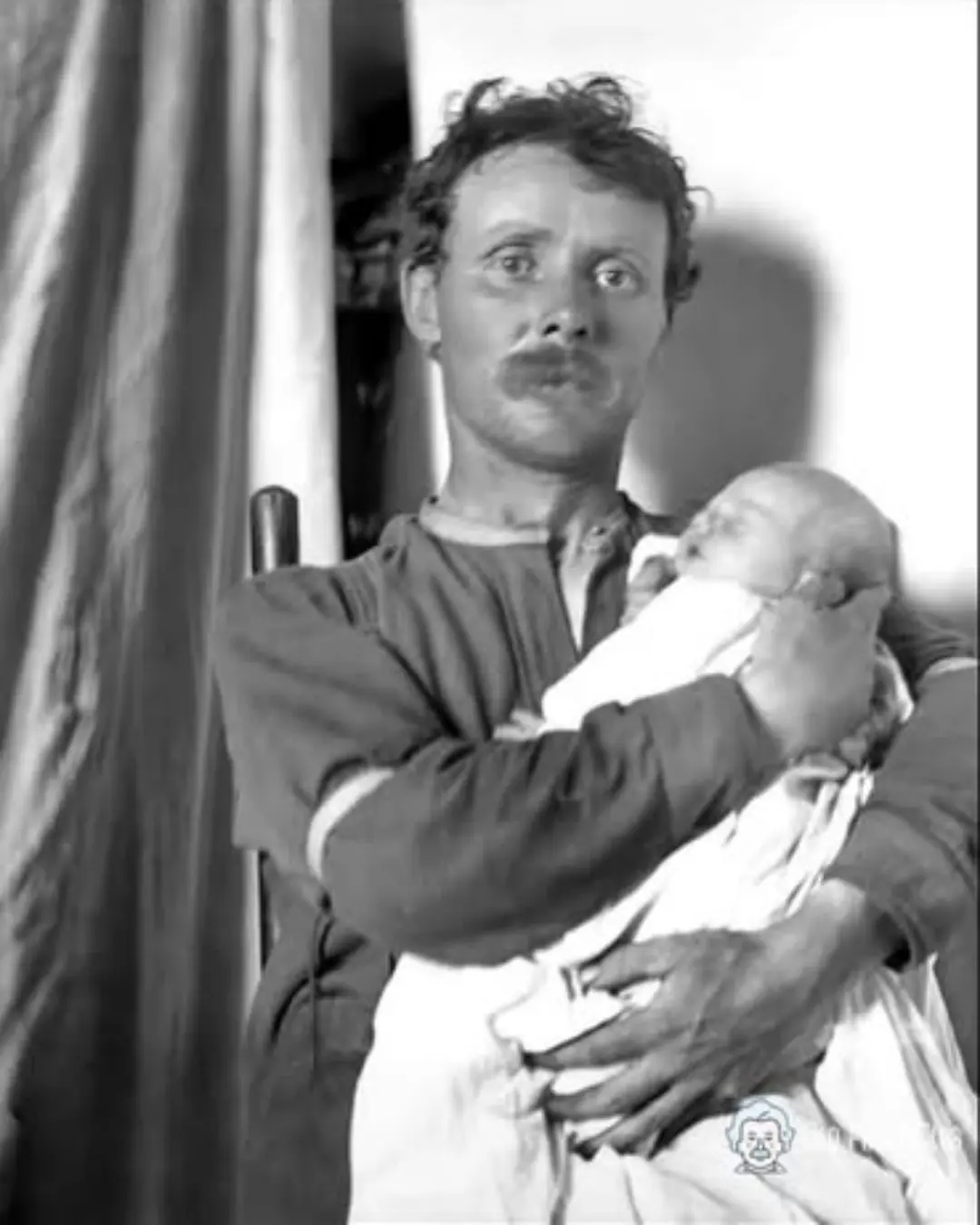
The Man Who Plowed with One Hand and Rocked a Child with the Other.
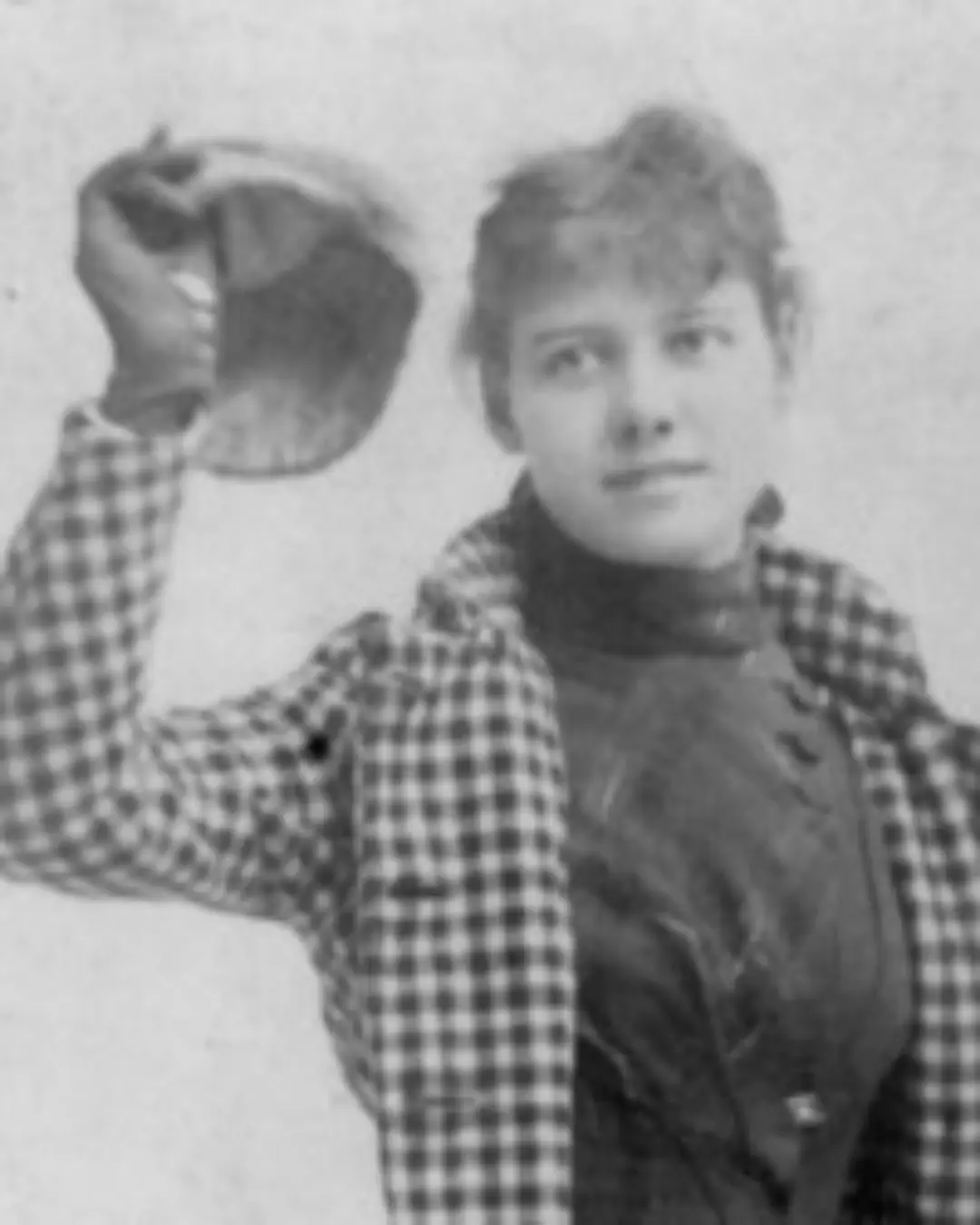
The Woman the World Forgot — and the Words That Refused to Die.
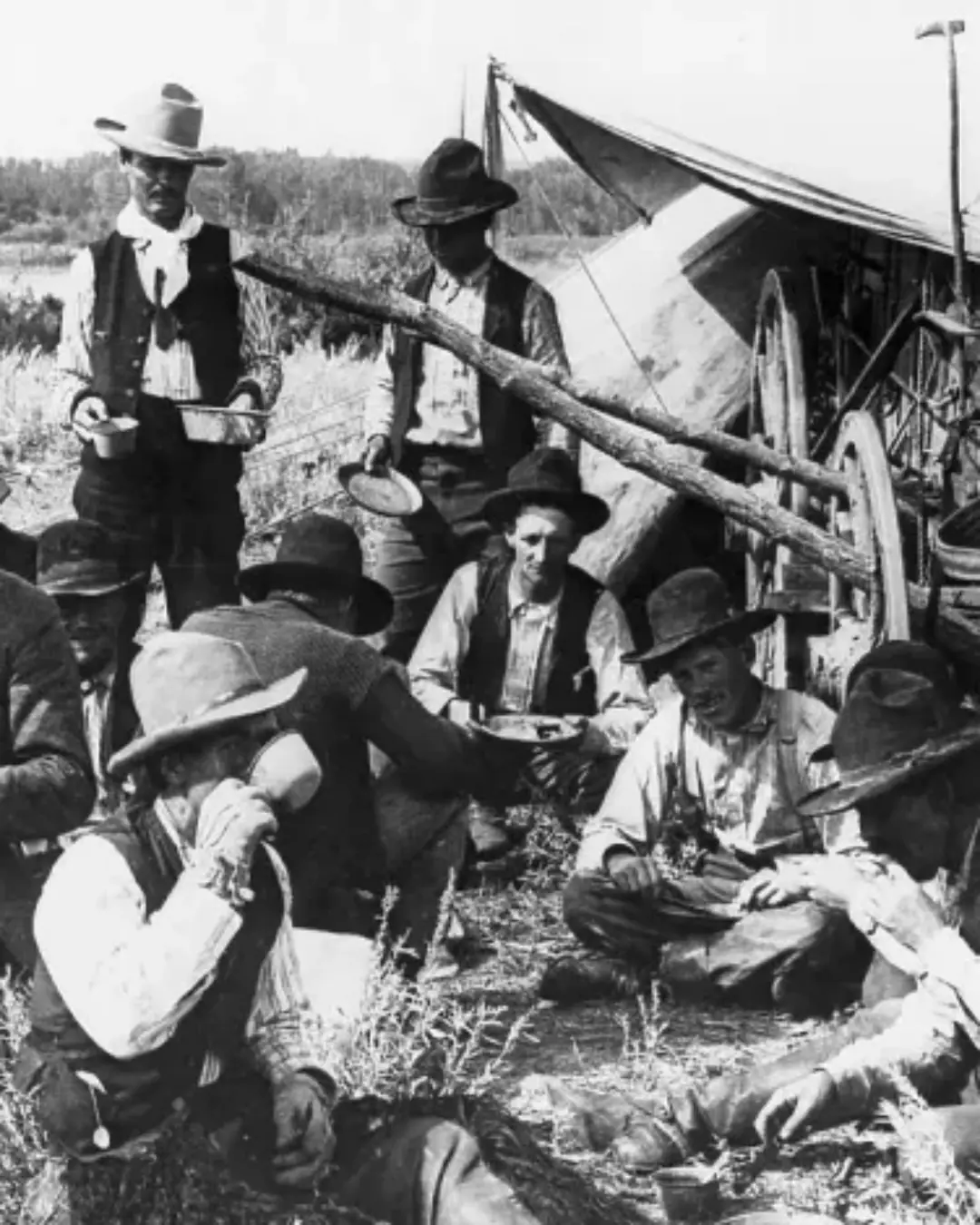
Nelson Story: The Cowboy Who Built a Legacy.
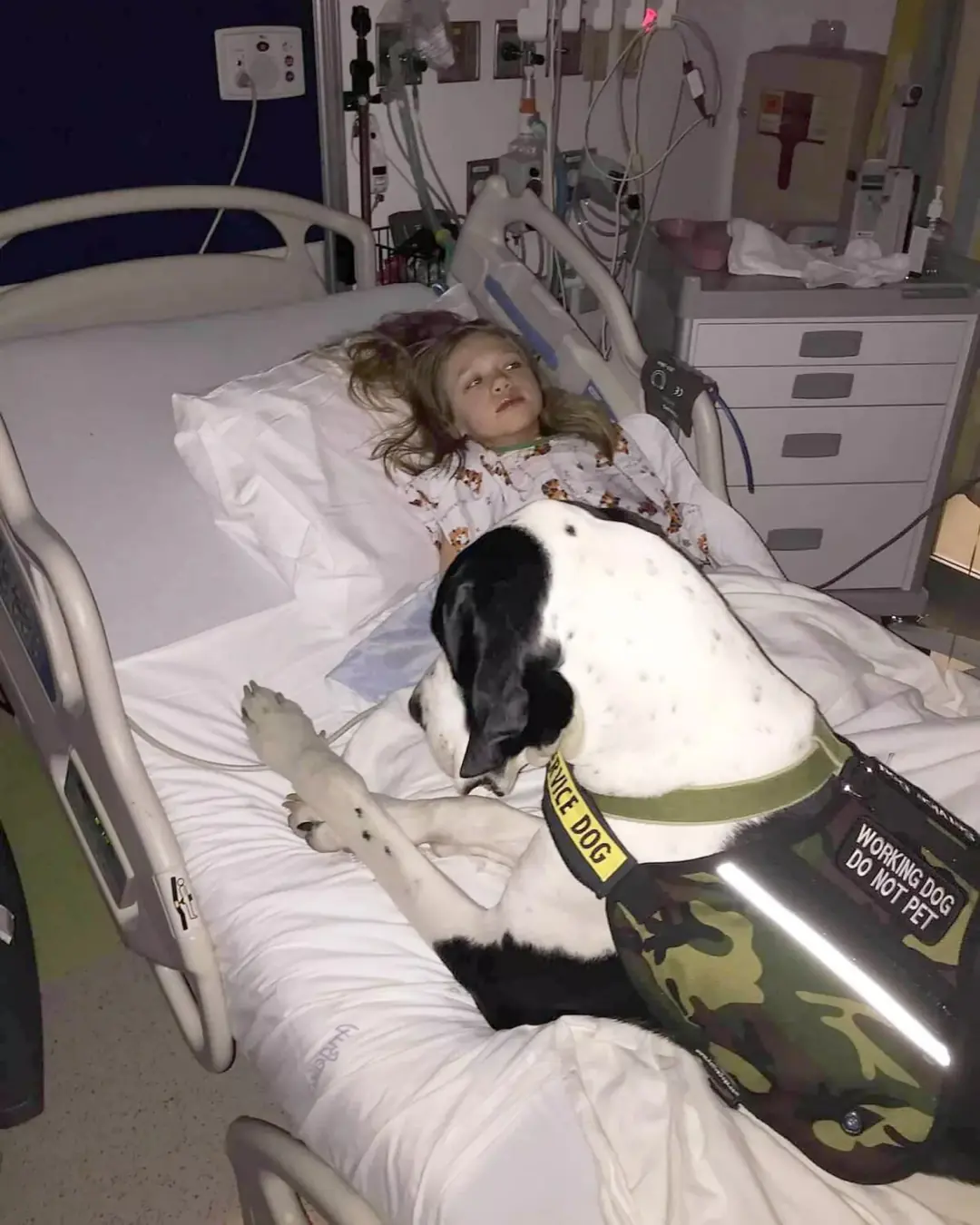
The Guardian with Four Paws.

The Girl Who Came Back After 15 Months.
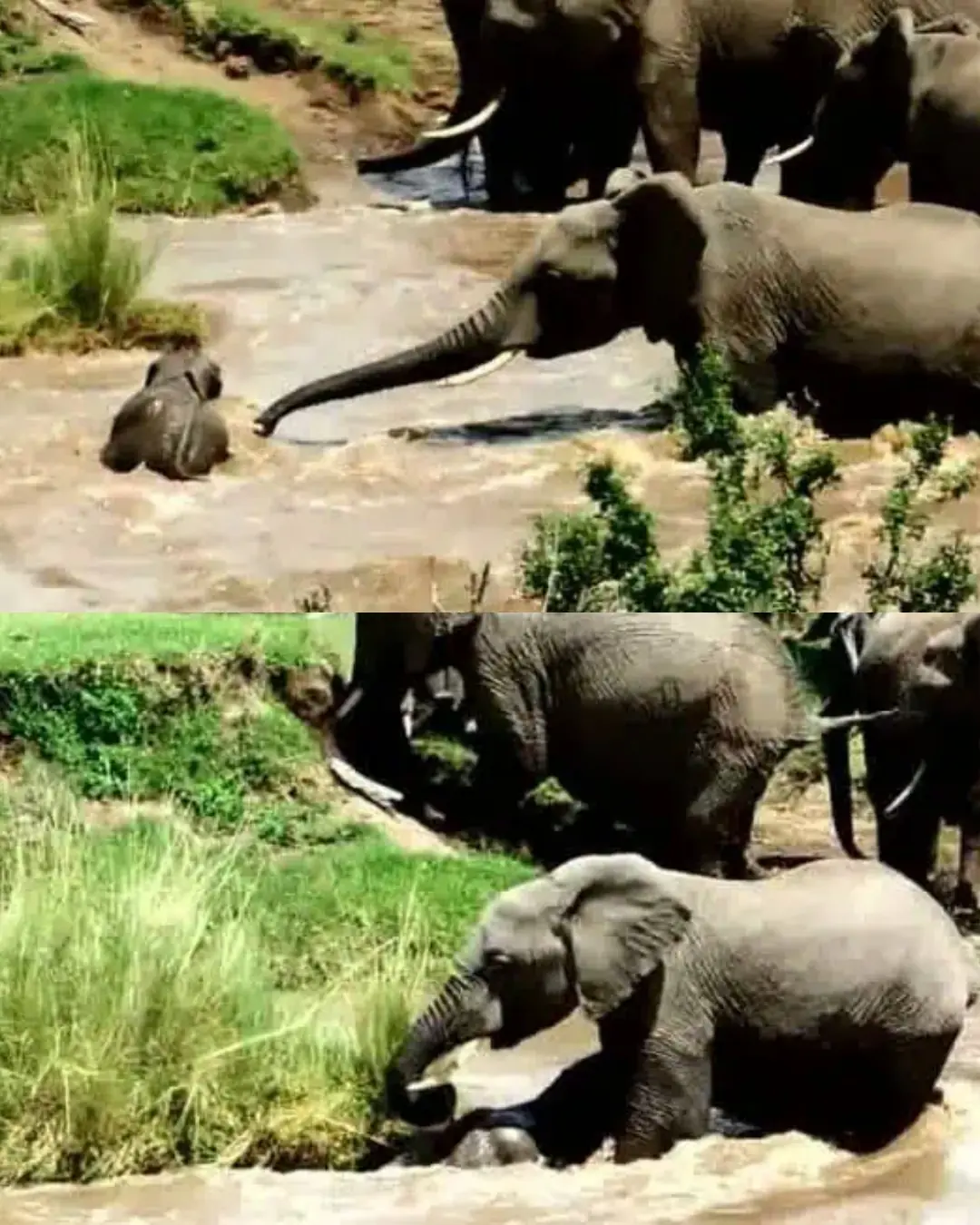
A Mother’s Courage: The Elephant Rescue in the Ewaso Nyiro River.

The Day Hope Returned: A Family’s Rescue of a Dying Sea Turtle.
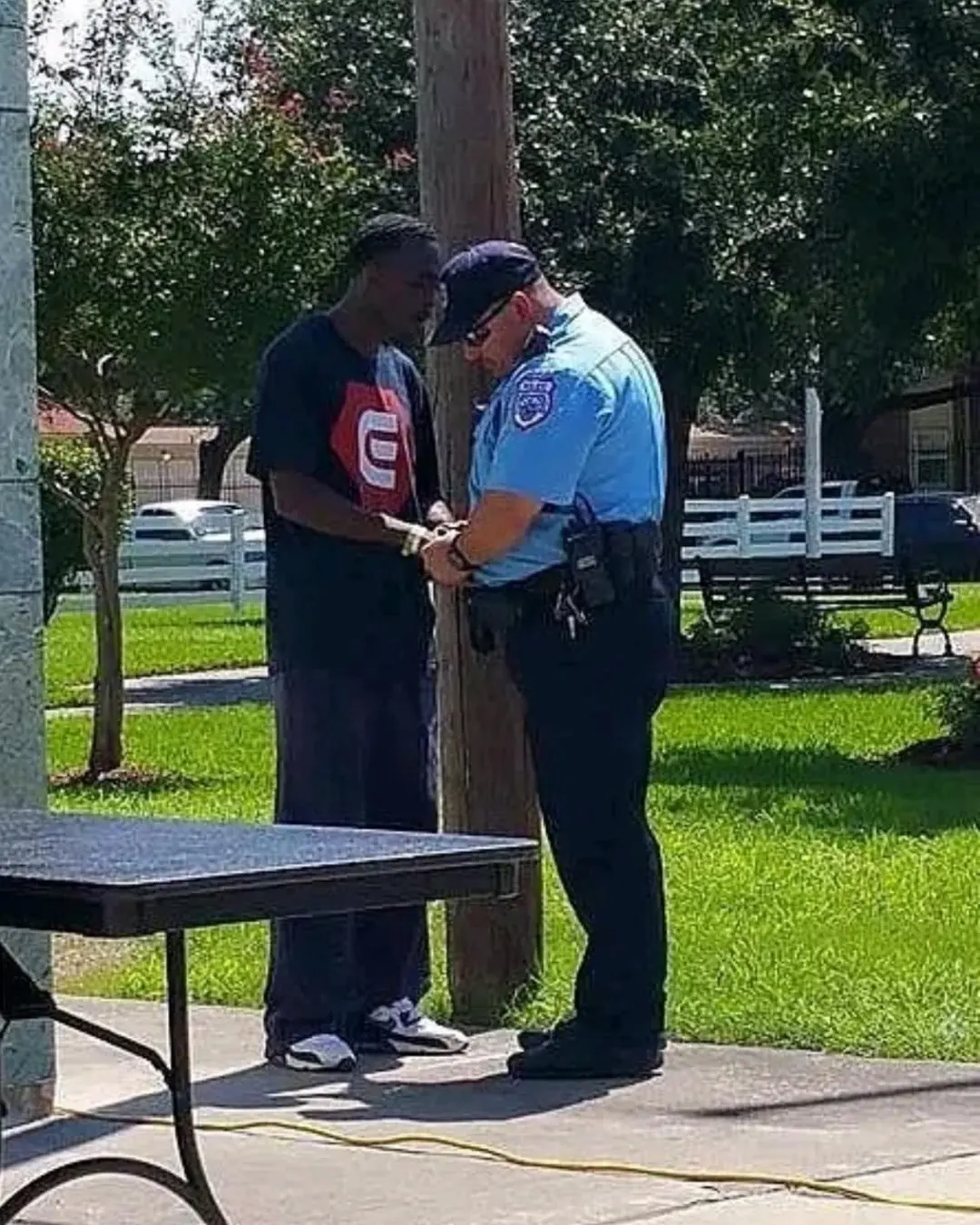
Full Circle of Grace: The Ex-Convict and the Officer Who Arrested Him.

The Survivor of South Padre Island: A Mother’s Courage Beneath a Broken Shell.
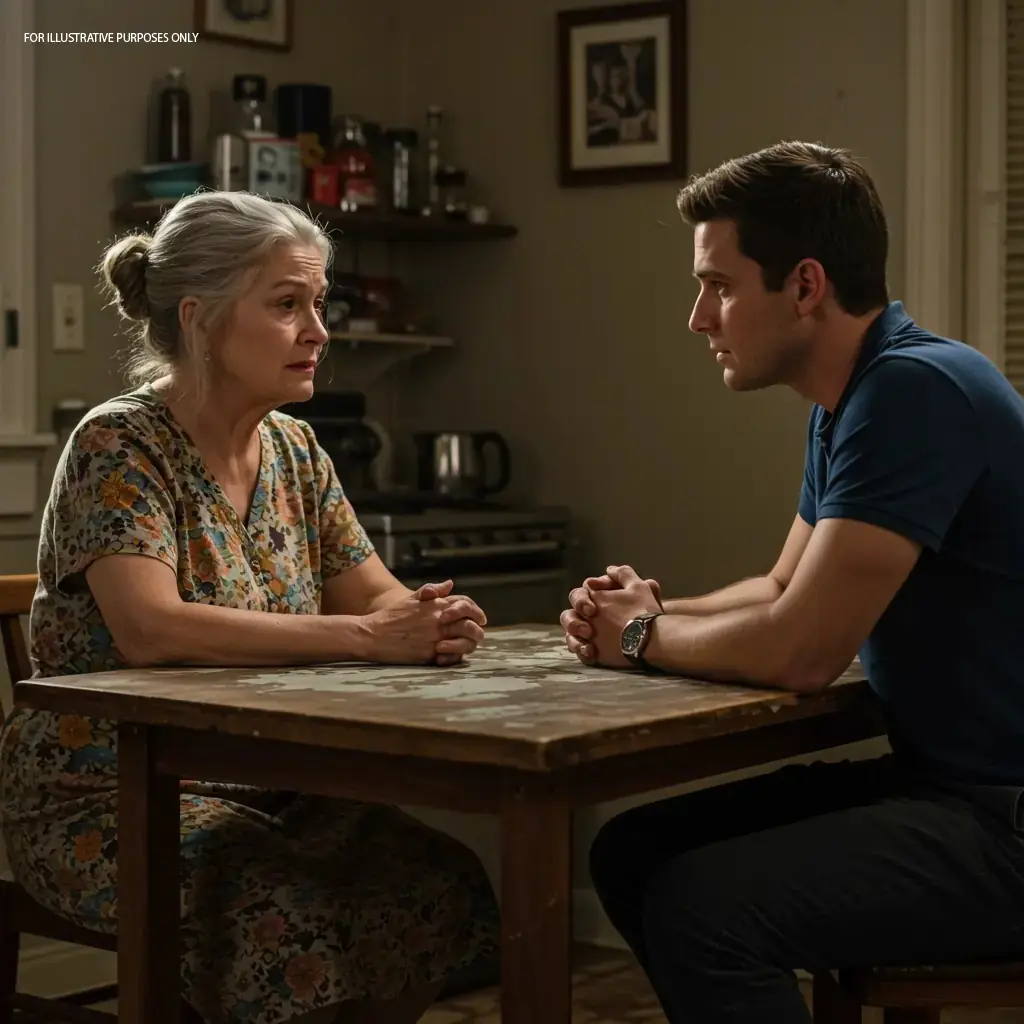
When My Daughter-in-Law Acc used Me of Ru ining Her Marriage, I Had to Make a Hard Choice
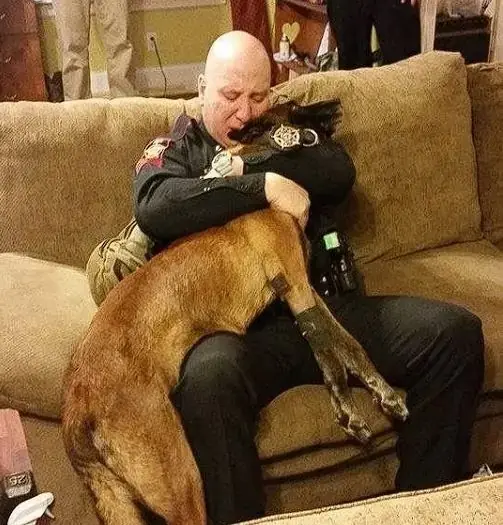
I BROKE DOWN SAYING GOODBYE TO MY K-9 PARTNER

I Found Out My Husband Was Secretly Meeting His Ex — And My Daughter Knew Her

This brave woman claims that having a stroke and losing her ability to move below the waist was the best thing that has ever happened to her

One Step at a Time — Helping Dmytro Walk Again After Cancer

Fighting for Liwia: A Little Girl’s Battle Against the Deadliest Childhood Cancer

Through Fire and Fear: A Mother’s Night of Survival With Her Son
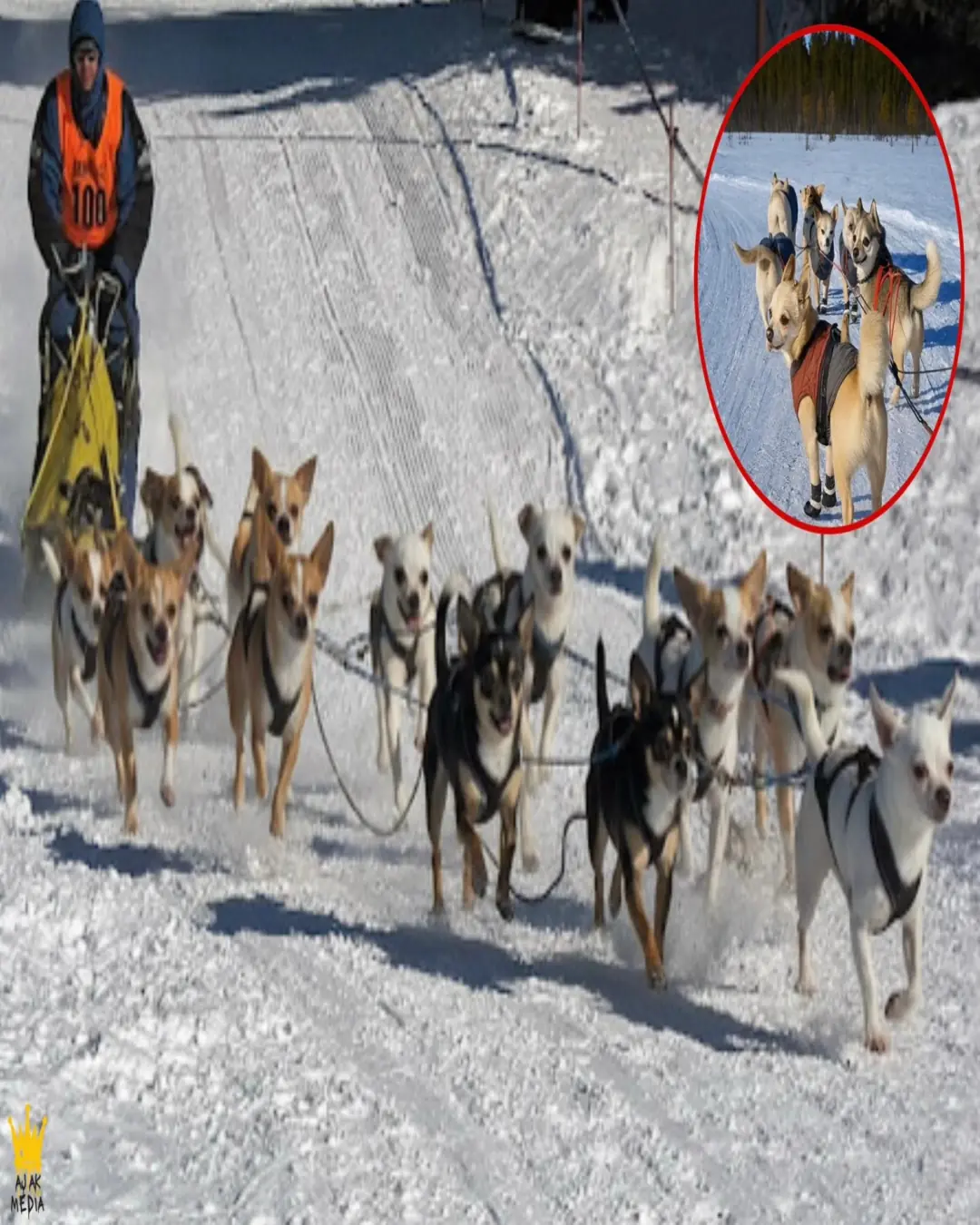
The Underdogs of the North: How Twelve Tiny Chihuahuas Conquered the Snow

Help My Son Regain His Independence After Guillain-Barré Syndrome

Fighting for Every Beat: Eden Riddle’s Journey
News Post

The Woman and the Tortoise Who Grew Old Together.

The Man Who Plowed with One Hand and Rocked a Child with the Other.

The Woman the World Forgot — and the Words That Refused to Die.

Nelson Story: The Cowboy Who Built a Legacy.

The Guardian with Four Paws.

The Girl Who Came Back After 15 Months.

A Mother’s Courage: The Elephant Rescue in the Ewaso Nyiro River.

The Day Hope Returned: A Family’s Rescue of a Dying Sea Turtle.

Full Circle of Grace: The Ex-Convict and the Officer Who Arrested Him.

6 Benefits of Eating Garlic Before Bedtime

The Survivor of South Padre Island: A Mother’s Courage Beneath a Broken Shell.

Brown vs. White Eggs: Which Should You Choose?

When My Daughter-in-Law Acc used Me of Ru ining Her Marriage, I Had to Make a Hard Choice

I BROKE DOWN SAYING GOODBYE TO MY K-9 PARTNER

I Found Out My Husband Was Secretly Meeting His Ex — And My Daughter Knew Her

This brave woman claims that having a stroke and losing her ability to move below the waist was the best thing that has ever happened to her

Lamb’s Quarters/Wild Spinach: The Underestimated Superfood with Maximum Health Benefits

WARNING SIGNS OF POOR BLOOD CIRCULATION THAT MOST PEOPLE OVERLOOK AND HOW TO SPOT THEM EARLY

Thrombosis can strike suddenly — know the symptoms before it's too late
